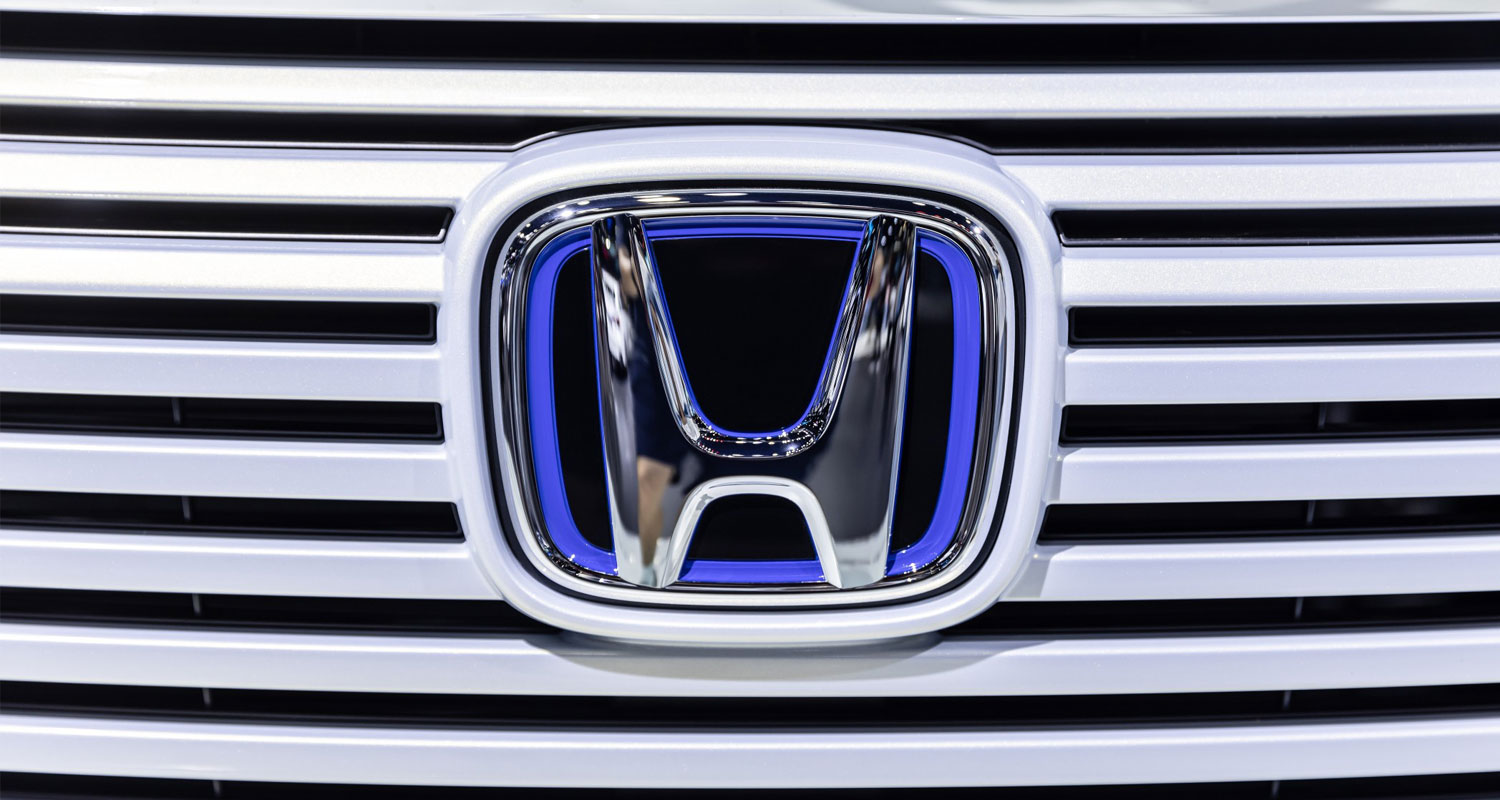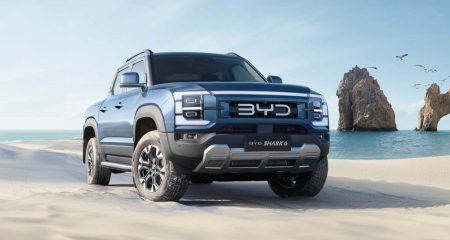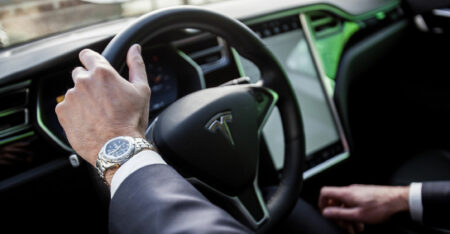 Japan’s Honda Motor Co plans to spend US$64-billion on research and development over the next decade, laying out an ambitious target to roll out 30 electric vehicle models globally by 2030.
Japan’s Honda Motor Co plans to spend US$64-billion on research and development over the next decade, laying out an ambitious target to roll out 30 electric vehicle models globally by 2030.
Its goals also include producing some two million electric vehicles a year by 2030. The strategy marks a push to take ground in the fast-growing market for electric vehicles, where Tesla leads and Japanese car makers risk falling behind traditional European and US rivals.
Honda and other Japanese car makers have long said that even as they go electric, they won’t give up on older, hybrid technology. Proponents of hybrids point to the many markets — especially some emerging markets — where infrastructure to support battery electric vehicles will be a long time coming.
“By no means is this the end of hybrids and the replacement of all hybrids with EVs,” Honda CEO Toshihiro Mibe told the presentation. “We will develop our current hybrids and use them as a weapon in our business.”
The bulk of the ¥8-trillion investment would be in electrification and software technologies. That includes some ¥43-billion of spending on a demonstration line for the production of solid-state batteries, with the aim of starting that in the northern hemisphere spring of 2024.
Shares of Honda finished up 0.7% at the close of morning trade in Tokyo, outperforming a 1.4% decline in the Nikkei 225 index. — Satoshi Sugiyama and Maki Shiraki, (c) 2022 Reuters




